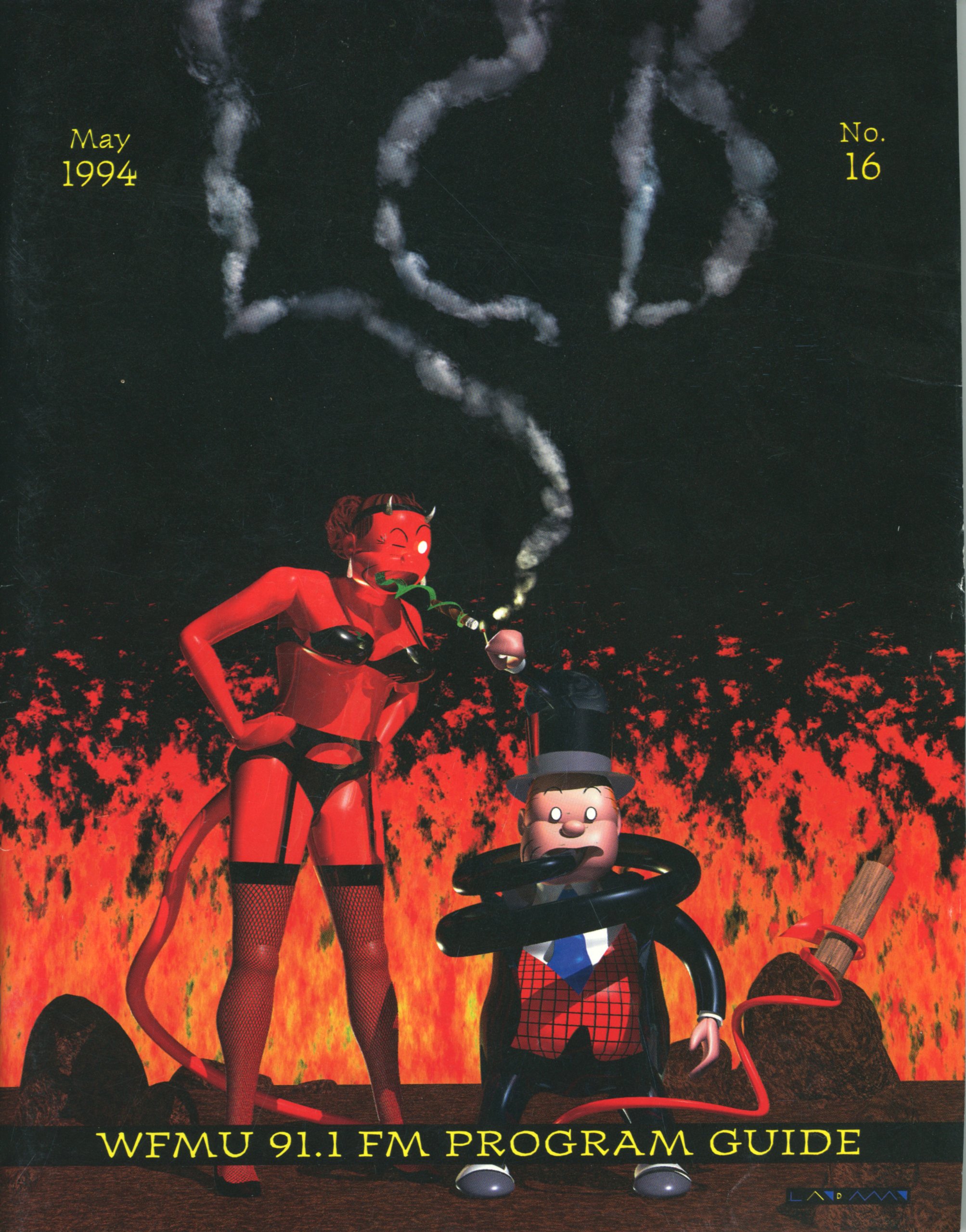John Cage, Joan Retallack: Musicage: Cage Muses on Words, Art, Music (1996)
Filed under book | Tags: · art, composing, experimental music, language, music

“The entire range of John Cage‘s work and thought, explored in three wide-ranging dialogues, which constitute his last unified statement on his art.
‘I was obliged to find a radical way to work — to get at the real, at the root of the matter,’ John Cage says in this trio of dialogues, completed just days before his death. His quest for the root of the matter led him beyond the bounds of the conventional in all his musical, written, and visual pieces. The resulting expansion of the definition of art — with its concomitant emphasis on innovation and invention–earned him a reputation as one of America’s most influential contemporary artists.
Joan Retallack’s conversations with Cage represent the first consideration of his artistic production in its entirety, across genres. Informed by the perspective of age, Cage’s comments range freely from his theories of chance and indeterminate composition to his long-time collaboration with Merce Cunningham to the aesthetics of his multimedia works. A composer for whom the whole world — with its brimming silences and anarchic harmonies — was a source of music, Cage once claimed, “There is no noise, only sounds.” As these interviews attest, that penchant for testing traditions reached far beyond his music. His lifelong project, Retallack writes in her comprehensive introduction, was “dislodging cultural authoritarianism and gridlock by inviting surprising conjunctions within carefully delimited frameworks and processes.” Consummate performer to the end, Cage delivers here just such a conjunction — a tour de force that provides new insights into the man and a clearer view of the status of art in the 20th century.”
Publisher Wesleyan University Press, 1996
ISBN 0819563110, 9780819563118
408 pages
EPUB, EPUB (updated on 2019-7-4)
Comments (2)LCD (Lowest Common Denominator), 18-27 (1997-2001)
Filed under magazine | Tags: · art, community radio, music, music history, radio, sound art, sound recording

“Named the best radio station in America by Rolling Stone magazine four years running, WFMU is considered the alternative radio station. The New York-area noncommercial, free-form station features programming ranging from pure rock and roll to flat-out uncategorizable strangeness such as cooking instructions, off-kilter kids’ music, and spoken-word mash-ups. LCD (Lowest Common Denominator), the station’s program guide–begun in 1986 as a visual counterpart to WFMU’s oddball programming–was a wicked cocktail of satire, cultural news, alternative history, and provocative artwork that quickly gained noteriety and earned its own devoted cult following.”
Comment (0)Adalaide Kirby Morris (ed.): Sound States: Innovative Poetics and Acoustical Technologies (1997)
Filed under book | Tags: · acoustics, art, listening, literature, music, performance, radio, radio art, sound art, sound recording, technology

By investigating the relationship between acoustical technologies and twentieth-century experimental poetics, this collection, with an accompanying compact disc, aims to ‘turn up the volume’ on printed works and rethink the way we read, hear, and talk about literary texts composed after telephones, phonographs, radios, loudspeakers, microphones, and tape recorders became facts of everyday life.
The collection’s twelve essays focus on earplay in texts by James Joyce, Ezra Pound, H.D., Samuel Beckett, William Burroughs, Amiri Baraka, Bob Kaufman, Robert Duncan, and Kamau Brathwaite and in performances by John Cage, Caribbean DJ-poets, and Cecil Taylor. From the early twentieth-century soundscapes of Futurist and Dadaist ‘sonosphers’ to Henri Chopin’s electroacoustical audio-poämes, the authors argue, these states of sound make bold but wavering statements–statements held only partially in check by meaning. The accompanying CD offers soundtracks of early radio sounds, poetry readings, Dada cabaret performances, jazzoetry, audiopoems, and contemporary Caribbean DJ dub poetry.
The contributors are Loretta Collins, James A. Connor, Michael Davidson, N. Katherine Hayles, Nathaniel Mackey, Steve McCaffery, Alec McHoul, Toby Miller, Adalaide Morris, Fred Moten, Marjorie Perloff, Jed Rasula, and Garrett Stewart.
Publisher University of North Carolina Press, 1997
ISBN 0807846708, 9780807846704
349 pages
PDF (no OCR; updated on 2012-8-3)
Comment (0)
